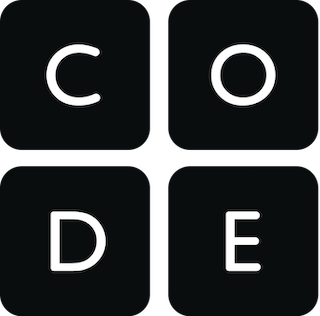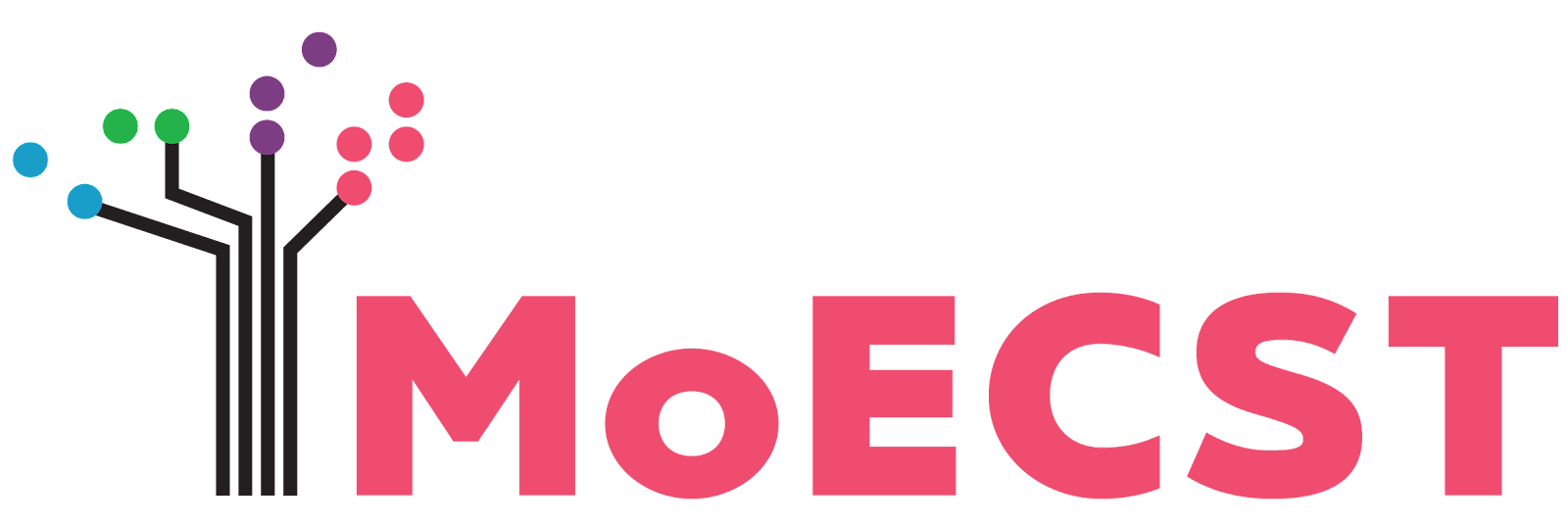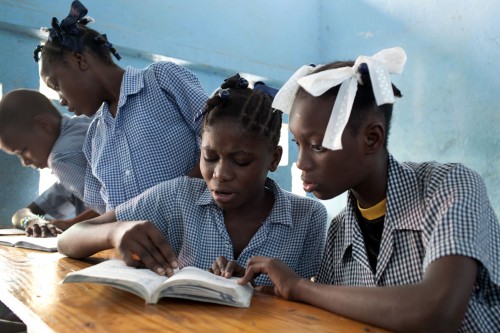Coordinate and deliver the pilot of the program in Belize and provide coaching to the participating teachers.
Piloting the Code Caribbean Program in Belize
Description
Belize was selected from among the 7 Caribbean countries that are part of the regional ‘Code Caribbean: Promoting STEAM for Innovation in the Caribbean’ initiative.
The methodology consists of a pilot program that will train a pool of teachers in the education system in computer science, exposing them early on to technology coupled with socio-emotional and entrepreneurial skills. Additionally, the project seeks to create deeper ties between the Ministry of Education and the private sector to ensure that chosen areas are aligned with job opportunities and demonstrate a promising approach in primary and secondary education to address the needs of disadvantaged youth.
The project will provide coaching services to the participating teachers, support the co-creation with Code.org of a coaching system within the Ministry of Education, and a plan for national scale-up. During the execution period, a program for national roll-out will be developed based on the experiences in Belize. The results will be shared with all the participating countries (Trinidad and Tobago, Jamaica, Suriname, Guyana, and the Bahamas) in the regional cooperation grant. Implementation will occur in the fall of 2022/2023 and the school year of 2023/2024.
Project purpose
STEAM skills are crucial to functioning in today’s technology-advanced world. They enable individuals to acquire key capabilities and understand how these systems can be used to impact lives positively. Therefore, this project aims to:
-
Expand technological skills that are key to innovation and diversification in primary and secondary schools to enhance the future employability and/or readiness for continued education of youth aged 8-13 in Belize.
-
Implement a successful pilot of the program by training teachers in technical skills and STEAM education to develop more interest in technology-oriented subjects in students of primary and secondary schools, motivate youth to continue with computer science education, and prepare students for tech education programs and careers.
Project goals
Establish a coaching system within the Ministry of Education (and teacher training institutions) and develop a plan for national scale-up.
Prepare students for technology-oriented education programs and careers.

Promote and guarantee a gender balance in the participation in the program.
Structure
The trainers will be trained with the Code.org methodology so they can motivate beneficiaries and assess their absorption and application of the training content, including at least 12 hours of training in computer science fundamentals. The training experience will be coupled with e-learning and digital platforms.
Promoting and strengthening the relationship between the Ministry of Education and the private sector encompasses the organization of dialogue workshops, informative events with parents and civil society organizations about STEAM careers and programs; the development of a mechanism to engage the Ministry of Education and the private sector in regular dialogues on skills gaps; and the development and delivery of a mentorship/coaching program for the participating schools and teachers.
The impact, results, and deliverables of the program will be monitored, evaluated, discussed, and included in progress reports with the objective of developing, together, with the Ministry of Education and the private sector, a national plan at the end of the program for scaling-up the initiative at the regional level.

Strategic partners












